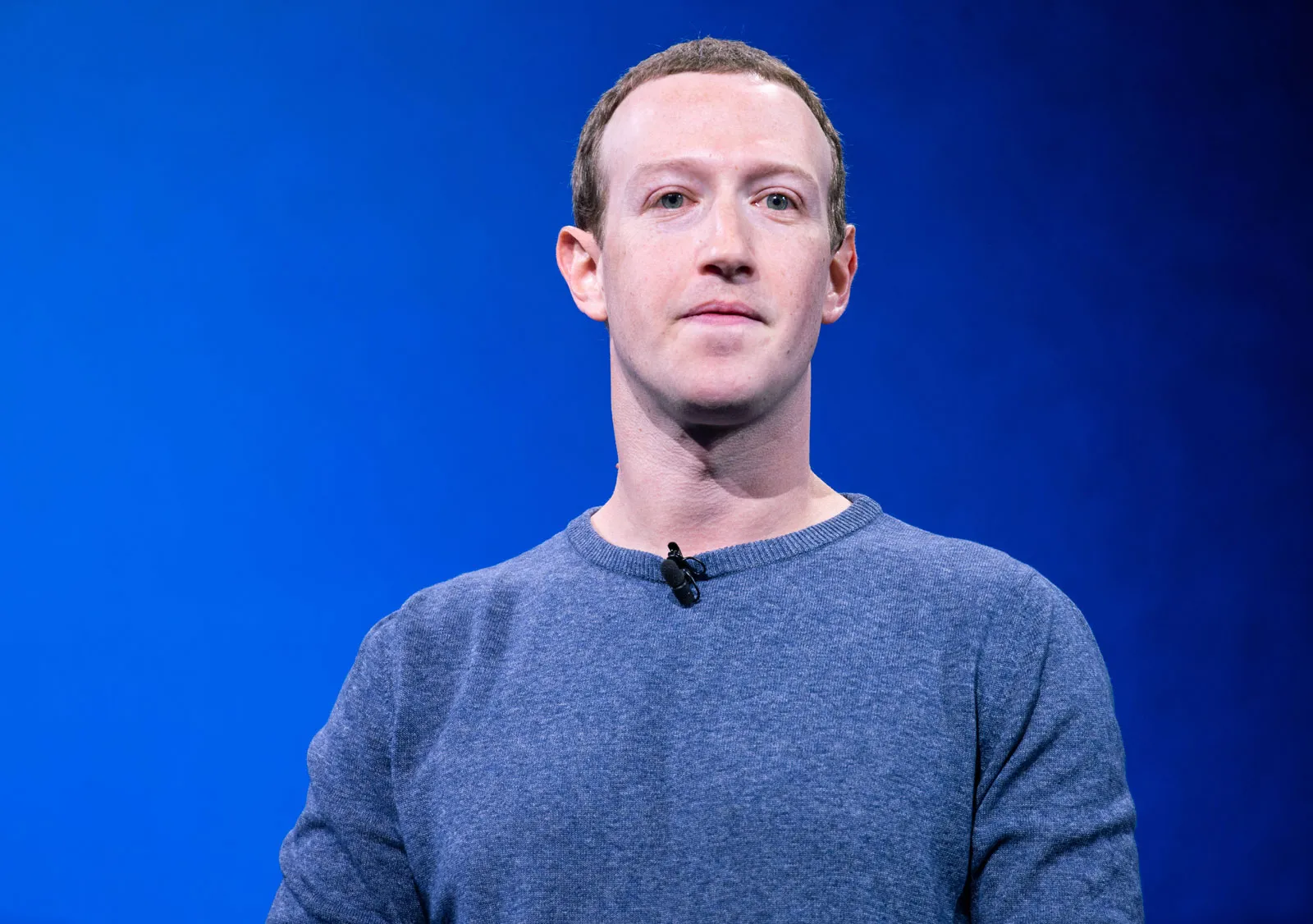
Meta, the parent company of Facebook, has introduced a new privacy feature on Facebook Messenger, notifying users when someone takes a screenshot of their disappearing messages. This update, which Mark Zuckerberg has emphasized, aims to strengthen privacy and promote responsible digital behavior among users. The feature aligns with Meta’s ongoing efforts to provide secure communication, similar to what other apps like Snapchat already offer.
The screenshot notification feature is available in Messenger’s end-to-end encrypted chats, ensuring that only these types of messages will trigger the alert. While it doesn’t prevent users from taking screenshots, it informs the other participant(s) when it happens, serving as a deterrent against unauthorized sharing. This feature helps enhance privacy, reduce harassment, and encourage more respectful conversations.
Zuckerberg’s caution to users about screenshots is intended to foster a culture of digital responsibility and to help maintain confidentiality in personal conversations. This feature also aligns Messenger with industry standards, as other messaging platforms like Snapchat and Instagram have already implemented similar privacy measures. It’s part of Meta’s broader strategy to regain trust and enhance user security after facing scrutiny over privacy issues in the past.
However, reactions to the feature have been mixed. Some users appreciate the added privacy, while others feel it limits their ability to save or share conversations freely. Concerns include the fact that the feature only works with encrypted chats and can be bypassed by using another device to capture the screen. Additionally, not all users fully understand how encryption works, which may lead to confusion about the feature’s limitations.
Looking forward, Meta is expected to continue refining its privacy features on Messenger. Potential updates could include options like self-destructing messages, screen recording prevention, and AI-powered privacy tools to further enhance user protection. While no security feature is entirely foolproof, this move reflects Meta’s commitment to improving digital safety and encouraging users to be more mindful of their online interactions.
Click below to read more…





